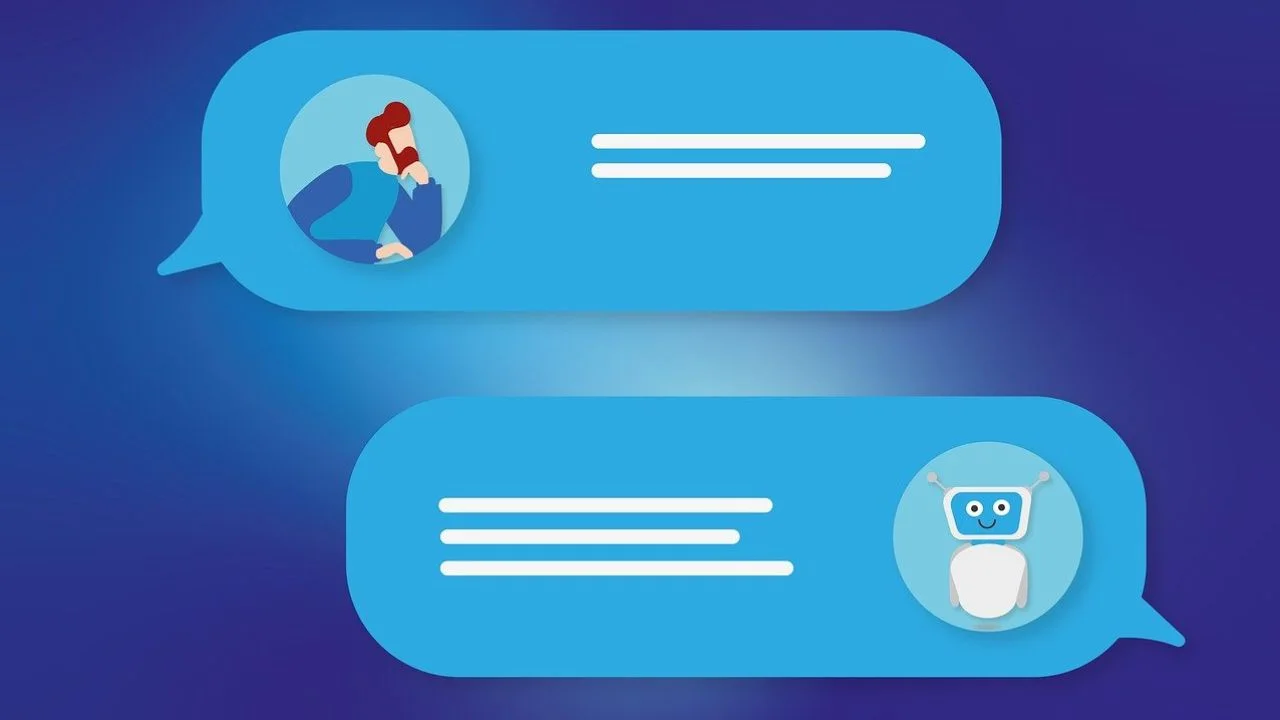Revolutionize your customer support with ChatGPT! Learn how AI can automate routine tasks, provide instant responses, and enhance customer satisfaction.

In today’s fast-paced digital world, customer expectations are higher than ever. Businesses are continually seeking ways to improve their customer support operations to meet these demands. One of the most promising technologies for achieving this is ChatGPT, a powerful AI language model developed by OpenAI. ChatGPT can revolutionize customer support by automating routine tasks, providing instant responses, and enhancing the overall customer experience. This blog explores how businesses can leverage ChatGPT to automate customer service, common use cases, and best practices to maximize its benefits.
Before diving into the specifics of ChatGPT, it’s essential to understand the broader context of AI in customer support. Over the past few years, AI technologies have advanced significantly, enabling businesses to provide faster, more efficient, and more personalized customer service. AI-powered chatbots, in particular, have become a staple in many companies’ customer support strategies. They can handle a wide range of tasks, from answering frequently asked questions to processing orders and providing technical support. If you’re interested in learning more about the best AI chatbot tools available, check out our comprehensive guide on the best AI chatbot tools.
One of the most significant advantages of using ChatGPT for customer support is its ability to provide instant responses to customer queries. Unlike human agents who can only handle one customer at a time, ChatGPT can manage multiple interactions simultaneously. This capability ensures that customers receive immediate assistance, reducing wait times and improving satisfaction. For more detailed insights on implementing AI chatbots effectively, visit our article on How to Implement AI Chatbots to Improve Customer Service.
ChatGPT excels at handling routine inquiries that make up a substantial portion of customer support interactions. These inquiries often involve simple, repetitive questions such as:
By automating responses to these common questions, businesses can free up their human agents to focus on more complex and high-value tasks.
Despite being an AI, ChatGPT can deliver personalized interactions that make customers feel valued and understood. It can be programmed to use customers’ names, recall previous interactions, and tailor responses based on individual preferences and history. This level of personalization can significantly enhance the customer experience and foster loyalty.
Another major benefit of ChatGPT is its ability to provide 24/7 customer support. Unlike human agents who require breaks and can only work certain hours, ChatGPT is always available to assist customers. This round-the-clock availability ensures that customers can get help whenever they need it, regardless of time zones or holidays.
As mentioned earlier, ChatGPT is perfect for handling frequently asked questions. By training ChatGPT with a comprehensive database of FAQs, businesses can ensure that customers receive accurate and consistent answers quickly.
ChatGPT can assist customers with placing orders, making reservations, and processing payments. For instance, a restaurant can use ChatGPT to handle table reservations, while an e-commerce store can automate order processing and payment confirmations.
For businesses that offer technical products or services, ChatGPT can provide first-level technical support. It can guide customers through troubleshooting steps, provide product information, and escalate more complex issues to human agents when necessary.
ChatGPT can also be used to collect customer feedback and conduct surveys. By engaging customers in conversational surveys, businesses can gather valuable insights into customer satisfaction and areas for improvement.
Before implementing ChatGPT, it’s crucial to develop a clear strategy that outlines the specific goals and objectives for using the AI. Identify the key areas where ChatGPT can add the most value and define metrics to measure its effectiveness.
To ensure ChatGPT performs optimally, it’s essential to train and fine-tune the AI using relevant data. Provide it with a diverse set of customer interactions, FAQs, and support scenarios to enhance its understanding and response accuracy.
Once ChatGPT is deployed, continuous monitoring and improvement are vital. Regularly review its performance, gather feedback from customers and support agents, and make necessary adjustments to improve its capabilities.
While ChatGPT can handle many tasks, it’s important to maintain a human touch in customer support. Ensure that customers can easily escalate issues to human agents when needed, and provide options for personalized assistance.
Data security and privacy are paramount when using AI in customer support. Implement robust security measures to protect customer data and comply with relevant regulations and standards.
ChatGPT offers a powerful solution for automating customer support, enabling businesses to provide faster, more efficient, and personalized service. By leveraging its capabilities, companies can enhance customer satisfaction, reduce operational costs, and stay competitive in an increasingly digital world. However, it’s essential to implement ChatGPT thoughtfully, with a clear strategy, continuous monitoring, and a focus on maintaining a human touch. By doing so, businesses can unlock the full potential of ChatGPT and transform their customer support operations.
Subscribe and get 3 of our most templates and see the difference they make in your productivity.
Includes: Task Manager, Goal Tracker & AI Prompt Starter Pack
We respect your privacy. No spam, unsubscribe anytime.